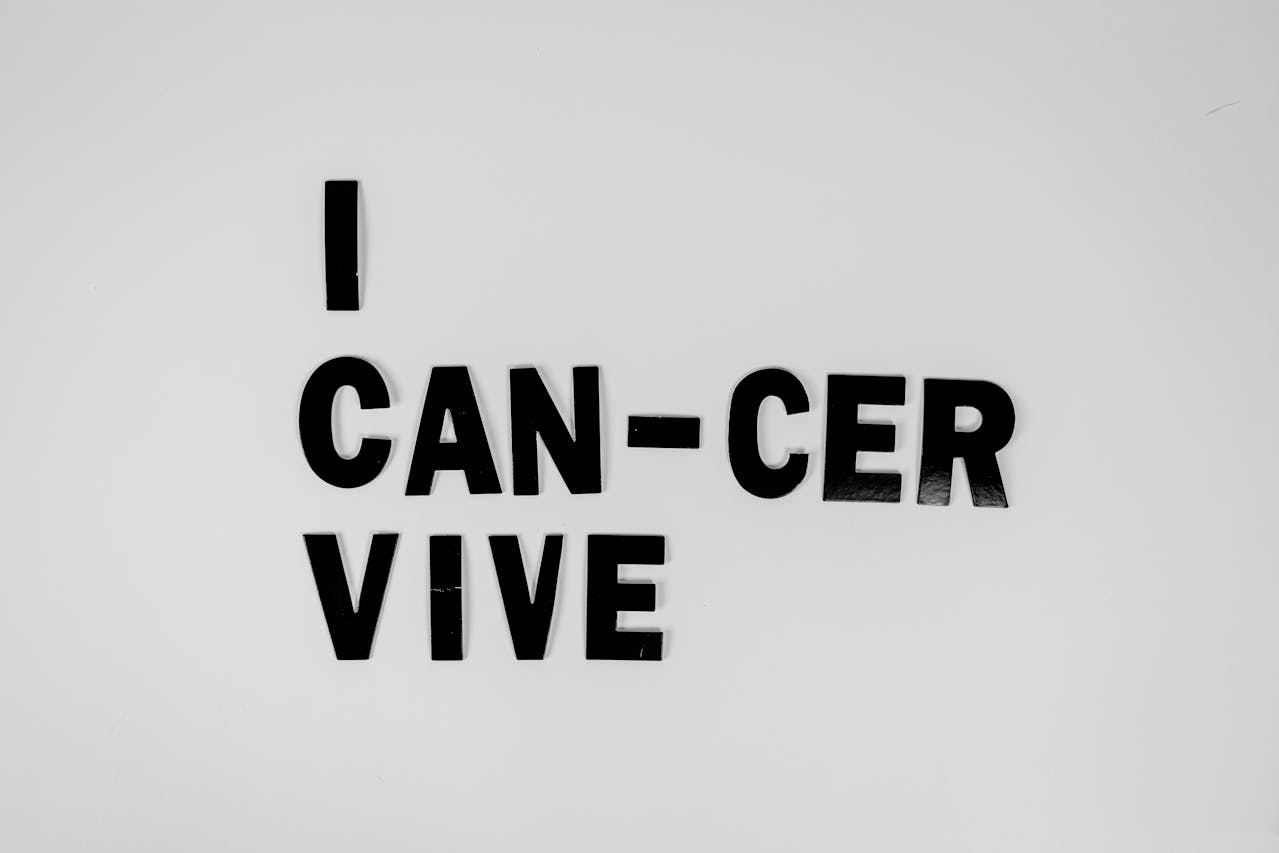
Cancer Awareness
Breast Cancer awareness Month

Sed autem laudantium dolores. Voluptatem itaque ea consequatur eveniet. Eum quas beatae cumque eum quaerat.
Cancer is a broad term used to describe a group of diseases characterized by the uncontrolled growth and spread of abnormal cells in the body. These abnormal cells can form tumors, invade nearby tissues, and spread to other parts of the body through the bloodstream or lymphatic system, a process known as metastasis.

Cancer, a complex disease arising from the uncontrolled division of abnormal cells, represents one of the greatest health challenges of our time. With its diverse manifestations affecting virtually every part of the body, cancer presents formidable hurdles in diagnosis, treatment, and prevention. Despite significant progress in understanding its molecular mechanisms and developing targeted therapies, the battle against cancer persists as a monumental endeavor, requiring interdisciplinary collaboration, cutting-edge technology, and unwavering determination.
However, amidst the daunting landscape of cancer, there are rays of hope shining through. Advances in genomic medicine, immunotherapy, and precision medicine are revolutionizing cancer care, offering more personalized and effective treatment options. Furthermore, public health initiatives aimed at promoting early detection, lifestyle modifications, and cancer screening programs play a crucial role in reducing the burden of cancer on individuals and communities. As researchers, healthcare professionals, and advocates continue to unite in the fight against cancer, there is optimism that we will one day overcome this formidable foe and usher in a future where cancer is no longer a pervasive threat to human health and well-being.
Understanding Cancer
Footnote: Advancements in cancer research hold promise for enhanced diagnostic methods and targeted treatments, fostering a brighter future in the fight against this formidable disease.

Watch our compelling call-to-action video and join us in the fight against cancer. Discover stories of resilience, breakthroughs in research, and the power of community coming together to combat this formidable disease. Together, we can make a difference. Together, we can empower hope. Join us today.
Click to watchDiscover the array of cancer types in our concise video. From breast to lung cancer, we shed light on each, empowering you with knowledge to navigate the complexities of this disease. Let's tackle cancer together, one type at a time.
Prostate cancer affects the prostate gland in men and can be detected through screenings like PSA tests. Early detection is key for effective treatment and better outcomes.
Read moreBreast cancer, the most common cancer in women worldwide, can be detected early through regular mammograms, leading to better treatment outcomes. Awareness and screening are key in the fight against breast cancer.
Read moreSkin cancer, arising from abnormal growth of skin cells, is primarily caused by exposure to ultraviolet (UV) radiation from the sun or tanning beds. Early detection through regular skin examinations and sun protection measures, such as sunscreen and protective clothing, are crucial for prevention and treatment success. Early intervention can significantly improve prognosis and reduce the risk of complications.
Read moreEarly detection through screenings is crucial for effective treatment, which may involve surgery, chemotherapy, or radiation therapy, tailored to the cancer's stage and type.
Read moreThroat cancer, often linked to tobacco, alcohol, or HPV infection, requires prompt medical attention for symptoms like persistent sore throat or difficulty swallowing, with treatment involving surgery, radiation, and chemotherapy.
Read moreOvarian cancer, often diagnosed in later stages due to nonspecific symptoms, emphasizes the importance of awareness and regular check-ups for early detection, enabling timely treatment such as surgery and chemotherapy for improved outcomes.
Read moreWelcome to our comprehensive guide addressing common questions about cancer. Below, you'll find answers to key inquiries regarding risk factors, warning signs, diagnosis, treatment options, and prevention strategies associated with this complex disease.
Cancer, a diverse group of diseases characterized by abnormal cell growth, poses significant challenges to healthcare worldwide. With ongoing research and advancements in treatment, there is hope for improved outcomes and a future where cancer's impact is diminished.

Cancer Awareness


Cancer Awareness


Cancer Awareness
